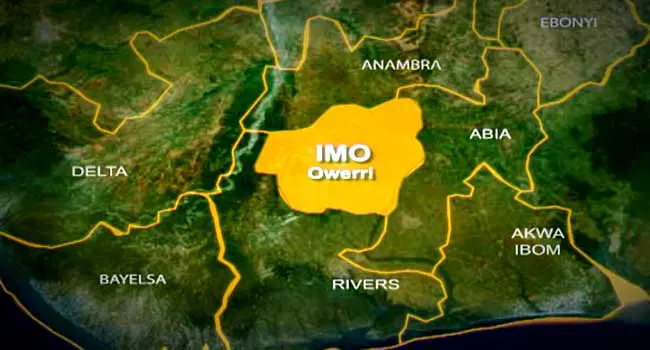Seyi Tinubu, son of Nigerian President Bola Tinubu, is making waves not only through his high-profile appearances at state functions but also through his significant charitable efforts across the country. Recently, Seyi has been particularly active, donating N500 million to the flood victims in Maiduguri and unveiling a new initiative for a drug bank aimed at supporting 10,000 indigents across 60 hospitals nationwide. These gestures, while reflecting a philanthropic spirit, have sparked debates about the underlying motives and their potential political implications.
Critics argue that Seyi’s philanthropic activities might be a calculated strategy to carve out a distinct public identity separate from his father’s political shadow. His recent charitable actions and the public engagements accompanying them suggest a deliberate effort to position himself as a compassionate figure in Nigerian politics. This is particularly evident in his interactions in states like Borno, where his reception by Governor Babagana Zulum highlighted his growing influence and visibility.
Furthermore, Seyi’s consistent involvement in charitable causes raises questions about the optics of philanthropy in the context of his father’s political stature. Observers note that while the donations and initiatives are commendable, they could also be interpreted as tactics to garner public goodwill amidst widespread scrutiny of his father’s administration. This blend of charity and potential political maneuvering places Seyi at a complex intersection of genuine benevolence and strategic image crafting.
Moreover, the narrative surrounding Seyi’s charitable acts often contrasts sharply with public perceptions of his father’s policies, adding layers to his public persona. For instance, his proactive response to the Maiduguri flood and the establishment of a drug bank highlight a responsiveness that some critics argue is lacking in President Tinubu’s administration. Seyi’s efforts are seen not just as acts of charity but as subtle critiques of existing governmental approaches, suggesting a nuanced strategy to enhance his own political capital while indirectly addressing perceived administrative shortcomings.
In this context, Seyi Tinubu’s philanthropy can be seen as both a continuation of familial political legacy and a personal campaign to redefine that legacy. Whether these actions will cement his status as a philanthropic leader or serve as stepping stones to greater political ambitions remains to be seen. As Nigeria navigates the complexities of governance and public service, the role of political families like the Tinubus continues to provoke both admiration and skepticism.






2 Comments